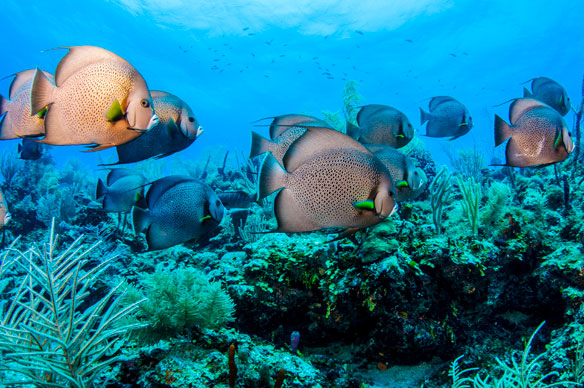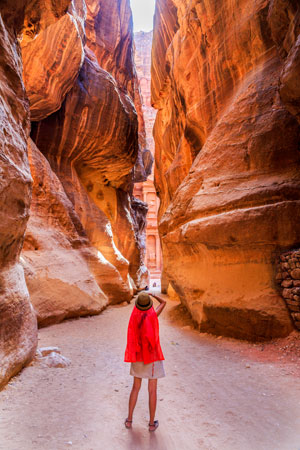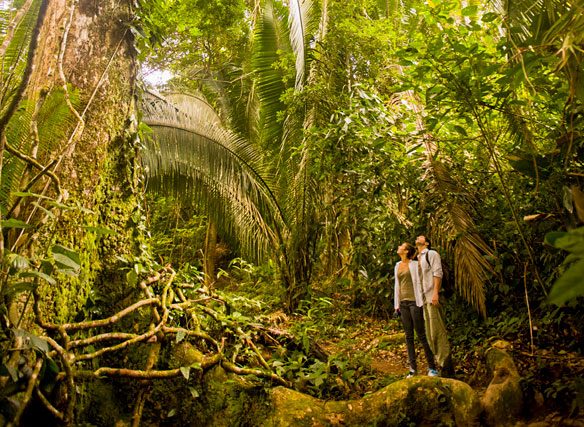
Leave a smaller footprint
How travellers can ensure they don’t negatively impact destinations

ANN RUPPENSTEIN
For Malia Asfour, it’s important that travellers have a local mindset when travelling. The Director of the Jordan Tourism Board, North America, suggests visitors find out more about where they will be staying and consider factors like: is the food sourced locally? Is the electricity solar? Do they give back to the local community — what and how?
“What percentage of the employees are locally hired? Know about their environmental policies before you book,” she says. “By working with local tour guides, you are helping fuel the economy while learning about the destination.”
Other ways to support the local community include visiting independent restaurants versus big international chains, hiring tour guides and supporting local co-ops and women’s groups.
“Buy locally made handicrafts and learn about the ommunity that made what you bought and how your money is a force for good,” she adds.
 Along with supporting the local economy, Asfour also stresses the importance of being respectful to the environment and artifacts.
Along with supporting the local economy, Asfour also stresses the importance of being respectful to the environment and artifacts.
“Do not touch living coral when swimming. Do not touch ancient monuments. As an example, the monuments in Petra are carved out of sandstone and are very sensitive, we should not touch the monuments in order to preserve them,” she says. “Do not ride or touch wild animals. Respect the flora and fauna of the destination. Respect the traditions of the indigenous people and local communities. Encourage reusable water bottles – try not to buy plastic.”
Meanwhile, for Karen Bevans, Director of Tourism, Belize Tourism Board, responsible travel starts with access to information.
“Ensuring that travellers have reliable, trustworthy, and useful information continues to be a top priority for Belize,” Bevans says. “As such we encourage visitors to visit www.travelbelize.org often for current travel protocols and destination information.”
As a destination, she says Belize prides itself on its protection and preservation efforts for its vast biodiversity and distinctive ecosystems.
“A UNESCO World Heritage Site, the Belize Barrier Reef is one great example of this sustainability effort, with 500-plus species of fish and nearly 300 kilometres of coral reef,” she says. “Travellers can assist in these conservation efforts by not removing artifacts from national sites, refraining from touching the delicate coral within the reef ecosystem, choosing to refuse single-use plastics and styrofoam, and seeking out eco-friendly restaurants and hotels found across the country.”

